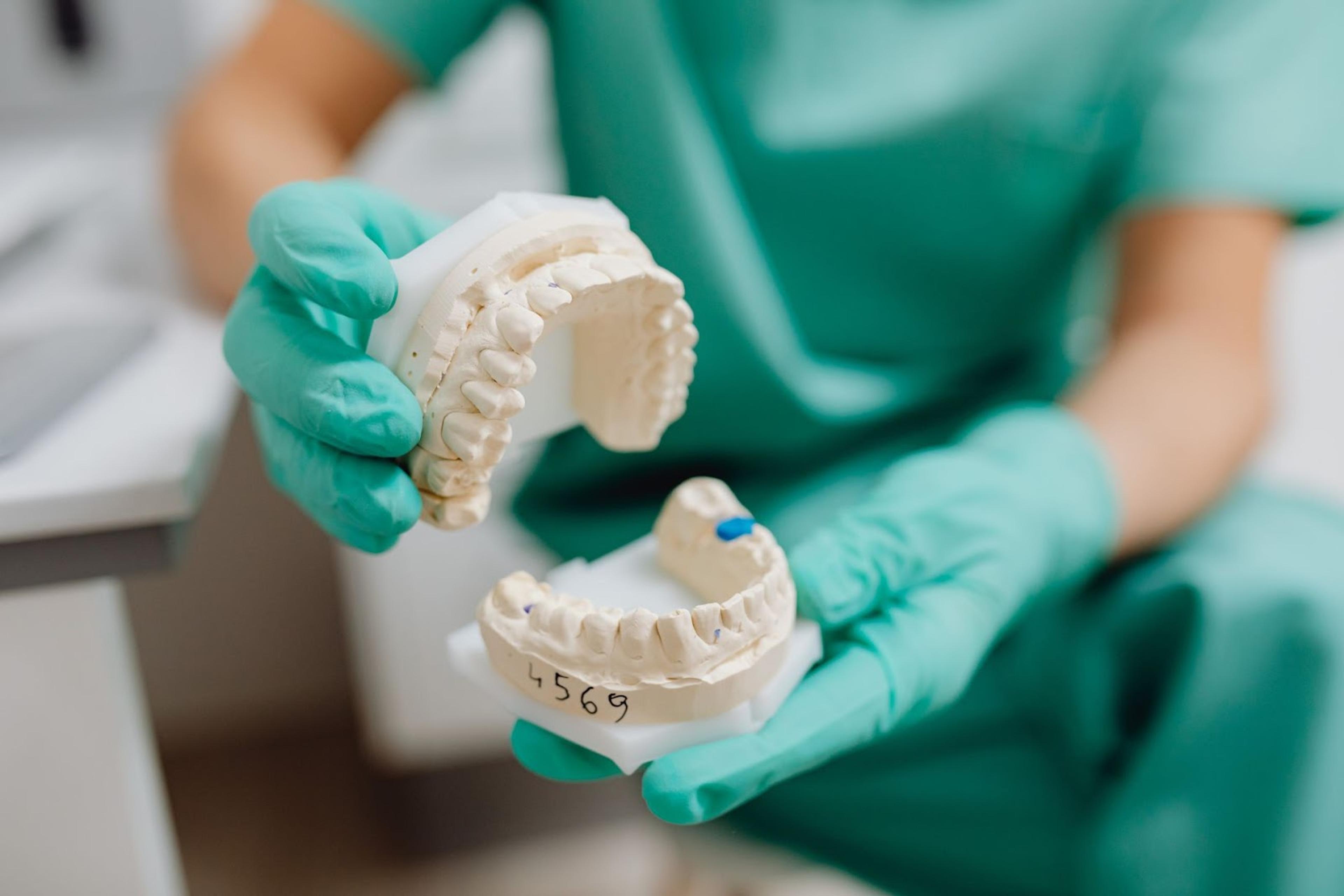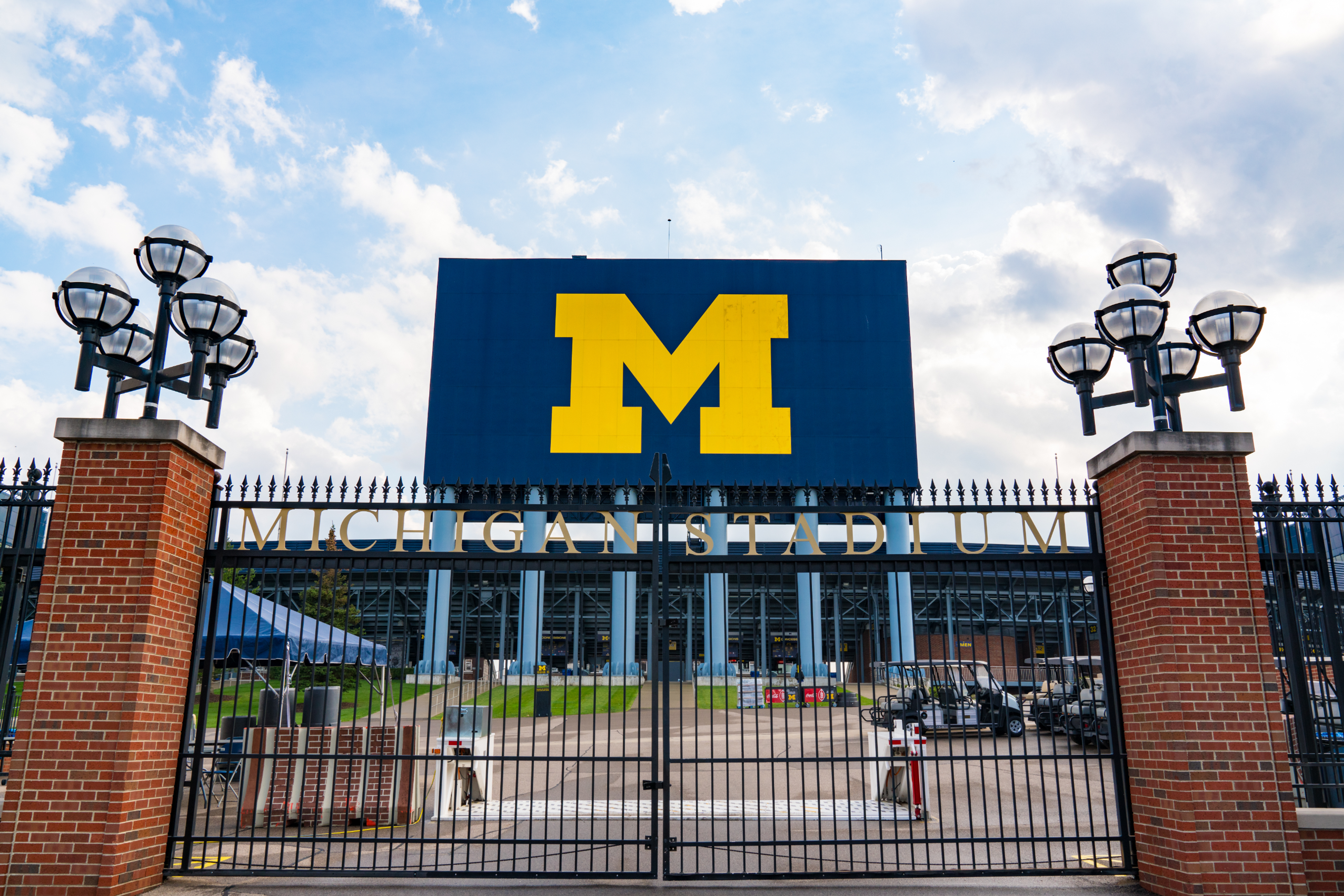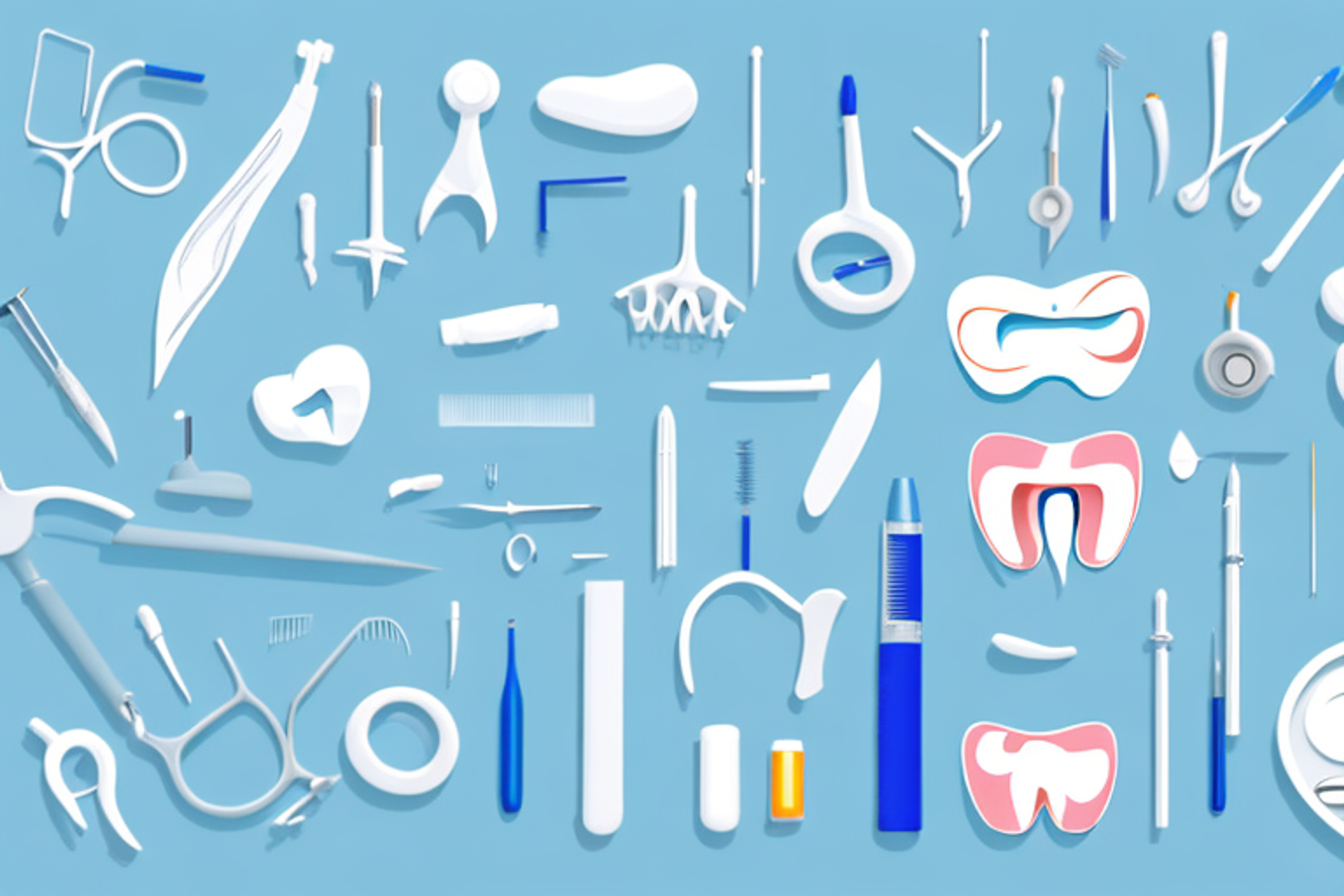UPenn Dental School Requirements–What You Need to Apply
Looking to apply to UPenn Dental School? Discover the essential requirements you need to know before submitting your application.
Posted June 13, 2025

Table of Contents
Are you interested in pursuing a career in dentistry? If so, one prestigious institution that you may want to consider is the University of Pennsylvania (UPenn) Dental School. UPenn Dental School has a rigorous application process, and understanding their requirements is essential. In this article, we will delve into the various criteria and components that make up the UPenn Dental School application, guiding you towards a successful application.
Understanding UPenn Dental School Admission Criteria
Before diving into the specific requirements, it is important to have a general understanding of the admission criteria set by UPenn Dental School. As an aspiring student, you need to demonstrate a strong academic foundation, exemplify excellent communication skills, and exhibit a genuine passion for dentistry and patient care.
UPenn Dental School places great emphasis on selecting candidates who not only excel academically but also possess the necessary interpersonal skills to succeed in the field of dentistry. The admissions committee seeks individuals who are not only knowledgeable but also compassionate and empathetic, as these qualities are essential in providing quality dental care to patients.
Importance of Academic Excellence
The academic excellence of an applicant plays a pivotal role in the evaluation process. Admissions panels closely examine an applicant's undergraduate coursework, paying particular attention to the science courses. Maintaining a high GPA in these courses is crucial to demonstrate your ability to handle the demands of dental school.
However, academic excellence is not solely determined by grades. UPenn Dental School also values applicants who have taken challenging courses that go beyond the minimum requirements. This shows a commitment to academic growth and a willingness to push oneself intellectually.
Furthermore, the admissions committee considers the rigor of the applicant's undergraduate institution. While attending a prestigious university is not a requirement, it can be viewed as a positive factor in the evaluation process. The reputation of the undergraduate institution can provide insight into the quality of education received and the level of preparedness for dental school.
Role of Dental Admission Test (DAT) Scores
In addition to academic performance, the Dental Admission Test (DAT) plays a significant role in the evaluation process. The DAT assesses an applicant's knowledge in natural sciences, perceptual ability, reading comprehension, and quantitative reasoning. Obtaining a competitive score on the DAT further enhances your chances of gaining admission to UPenn Dental School.
However, it is important to note that while DAT scores are an important factor, they are not the sole determinant of admission. UPenn Dental School takes a holistic approach to evaluating applicants, considering a range of factors such as personal statements, letters of recommendation, and extracurricular activities.
Additionally, the admissions committee understands that standardized tests do not always accurately reflect an applicant's true abilities. Therefore, while DAT scores provide valuable information, they are considered in conjunction with other aspects of the application to gain a comprehensive understanding of the applicant's potential.
UPenn Dental School values diversity and seeks to admit individuals from various backgrounds who can contribute unique perspectives to the field of dentistry. Therefore, while academic excellence and DAT scores are important, they are just one piece of the puzzle in the admissions process.
Detailed Breakdown of Coursework Requirements
Now let's delve deeper into the specific coursework requirements set by UPenn Dental School. Understanding these requirements is crucial for aspiring dental students who are considering applying to UPenn Dental School.
UPenn Dental School places great importance on science coursework. This emphasis on science is because dentistry is a field that heavily relies on scientific knowledge and principles. Therefore, applicants to UPenn Dental School must complete a comprehensive set of required science courses.
Required Science Courses
The required science courses at UPenn Dental School include biology, general chemistry, organic chemistry, and physics. These courses are carefully designed to provide students with a strong foundation in the fundamental scientific principles that form the basis of dentistry.
Biology coursework covers topics such as cell biology, genetics, and physiology. Students learn about the intricate workings of the human body, gaining a deeper understanding of the biological processes that are relevant to dentistry.
General chemistry coursework introduces students to the basic principles of chemistry, including atomic structure, chemical bonding, and chemical reactions. This knowledge is essential for understanding the chemical processes that occur in dental materials and treatments.
Organic chemistry coursework focuses on the study of carbon compounds, which are the building blocks of life. Students learn about the structure, properties, and reactions of organic compounds, which are essential for understanding the composition and behavior of biological molecules.
Physics coursework covers topics such as mechanics, thermodynamics, and electromagnetism. Students gain an understanding of the physical principles that underlie the functioning of dental instruments and equipment, as well as the forces involved in dental procedures.
Recommended Non-Science Courses
While science courses are crucial for a strong foundation in dentistry, UPenn Dental School also values a well-rounded education. Therefore, it is highly recommended that applicants take non-science courses such as English and Mathematics.
By taking these recommended non-science courses, applicants to UPenn Dental School can gain a well-rounded education that complements their scientific knowledge. This combination of scientific and non-scientific coursework prepares students to become competent and compassionate dental professionals.
The Significance of Letters of Recommendation
In addition to academic performance and standardized test scores, letters of recommendation enhance your application's credibility and provide insight into your character and abilities.
Who Should Write Your Recommendation Letters?
Choose individuals who can offer firsthand knowledge of your capabilities and qualities. Ideally, your letters should come from science professors, pre-health advisors, or dentists who have supervised your work or research experiences. Select those who can speak to your academic abilities, work ethic, interpersonal skills, and potential to become a successful dental professional.
What Should be Included in the Letters?
When requesting letters of recommendation, provide your recommenders with a comprehensive overview of your experiences and accomplishments. This will help them craft personalized and impactful letters that highlight your strengths, dedication, and commitment to the field of dentistry.
The Role of Personal Statement in Your Application
Your personal statement is an invaluable opportunity to showcase your passion for dentistry and provide insight into your personal and professional journey.
Crafting a Compelling Personal Statement
When crafting your personal statement, reflect on your personal experiences, such as shadowing dentists, volunteering in dental clinics, or participating in dental research. Clearly articulate why you are passionate about dentistry, how your experiences have shaped your aspirations, and how you envision contributing to the dental profession.
Common Mistakes to Avoid in Your Personal Statement
Avoid generic and clichéd statements. Instead, strive to distinguish yourself by showcasing your unique attributes and experiences. Additionally, proofread your personal statement thoroughly to ensure it is free of grammatical errors and includes a clear and cohesive narrative.
Additional Requirements for International Students
If you are an international student, there are a few additional requirements that you need to fulfill.
English Language Proficiency Tests
International applicants must demonstrate their English language proficiency by submitting scores from standardized tests such as the Test of English as a Foreign Language (TOEFL) or the International English Language Testing System (IELTS).
Evaluating Foreign Transcripts
UPenn Dental School requires international applicants to submit their foreign transcripts for evaluation by an accredited credentialing service. The evaluation will determine the US equivalent of the courses completed and the grades received.In conclusion, understanding the requirements for applying to UPenn Dental School is crucial for a successful application process. By emphasizing academic excellence, performing well on the Dental Admission Test, fulfilling coursework requirements, obtaining strong letters of recommendation, crafting a compelling personal statement, and meeting the additional requirements for international students, you will be one step closer to pursuing your dream of becoming a dentist at UPenn Dental School.











